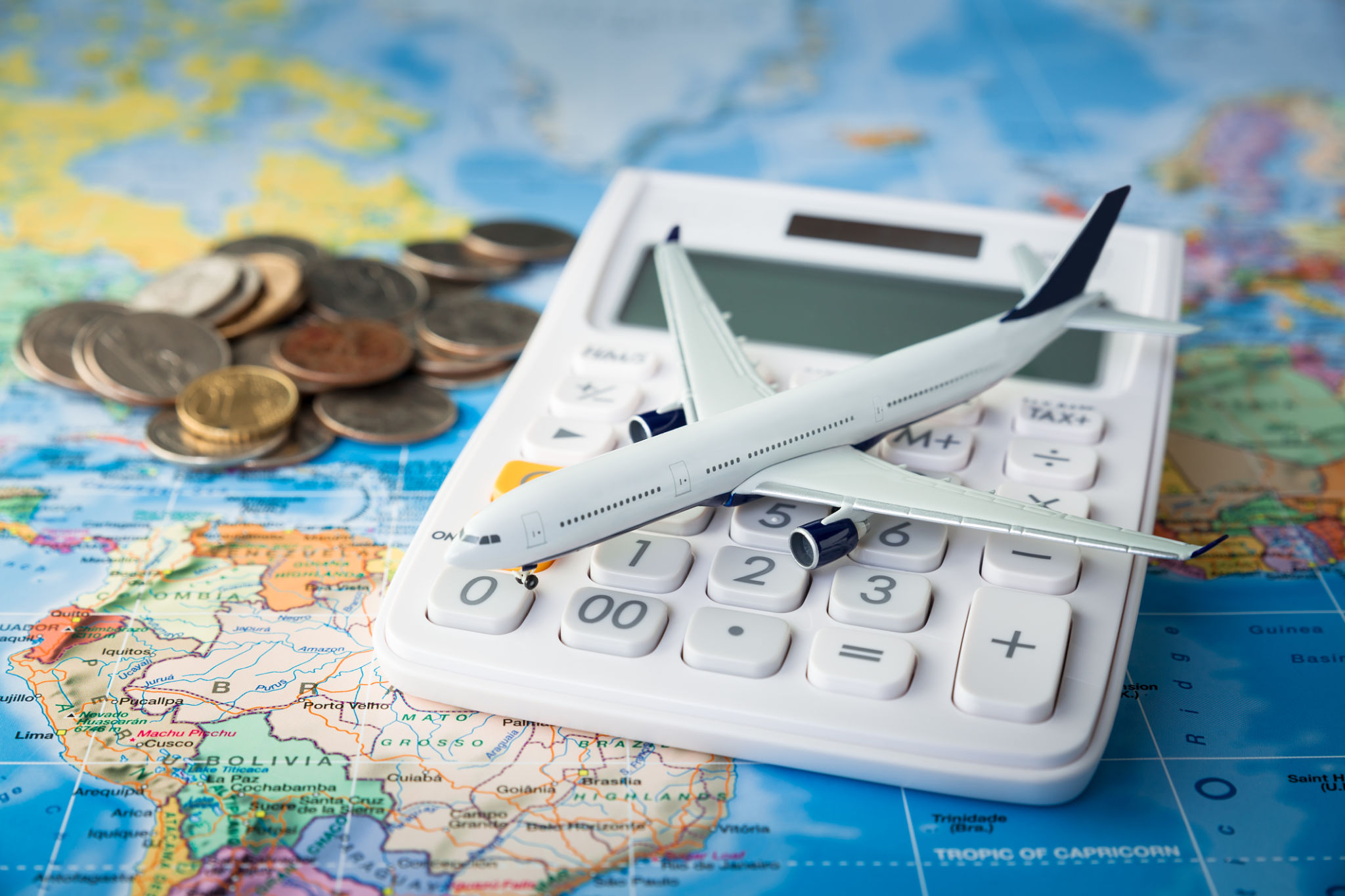Top Considerations for Aircraft Sales and Purchases in Texas
Understanding the Market Landscape
When considering aircraft sales and purchases in Texas, it's essential to have a firm grasp of the market landscape. Texas, being a hub for aviation with its numerous airports and favorable weather conditions, offers a dynamic environment for buying and selling aircraft. Whether you are an individual buyer or a commercial entity, understanding the fluctuations in demand and supply can significantly impact your decision-making process.
It's also important to be aware of the types of aircraft that are most in demand. While some buyers may be looking for private jets for business purposes, others might be interested in smaller, more economical planes for personal use. Keeping abreast of these trends can help you make informed choices.

Legal Considerations and Compliance
Navigating the legal landscape is crucial when dealing with aircraft transactions. In Texas, like elsewhere in the U.S., the sale and purchase of aircraft must comply with federal regulations set by the Federal Aviation Administration (FAA). This includes ensuring that all documentation is in order, such as registration certificates and airworthiness certificates.
Additionally, buyers and sellers should be aware of any state-specific regulations that may apply. Engaging with a legal professional who specializes in aviation law can be beneficial to ensure all compliance requirements are met and to avoid potential legal pitfalls.

Financial Considerations
Financial planning plays a critical role in aircraft transactions. Before purchasing, it's important to evaluate your budget and financing options. Aircraft purchases often involve significant investments, so determining whether to buy outright or finance the purchase is a key decision.
Sellers should also consider the pricing strategy carefully. Proper valuation of the aircraft, taking into account its age, condition, and market trends, is essential for achieving a successful sale. Consulting with aviation financial advisors can provide valuable insights into managing these financial aspects.
Inspection and Maintenance Checks
A thorough inspection is a non-negotiable step in the aircraft purchasing process. For buyers, ensuring that the aircraft is in good condition and free from any hidden defects is paramount. Engaging qualified technicians to perform detailed inspections and maintenance checks can prevent costly surprises down the line.

Sellers should also ensure their aircraft is well-maintained and has undergone regular servicing. A well-documented maintenance history can add significant value to the aircraft, making it more attractive to potential buyers.
Negotiation Tactics
Negotiation is an integral part of any aircraft sale or purchase. Both buyers and sellers must enter negotiations with a clear understanding of their goals and limits. Being prepared with relevant data and comparable market values can strengthen your position during discussions.
Effective communication and a willingness to find mutually beneficial solutions can lead to successful deals. In some cases, hiring a professional broker can facilitate negotiations, bringing expert knowledge and experience to the table.

Post-Purchase and Ownership Responsibilities
Once the transaction is complete, new owners must be prepared for ongoing responsibilities. This includes securing proper insurance coverage, scheduling regular maintenance, and adhering to all FAA regulations regarding operation and safety.
Understanding these responsibilities beforehand can ensure a smooth transition into ownership and help maintain the value of your investment over time.
